
Director of Photography

The making of Makbul Mubarak's debut feature film "Autobiography" (2022).
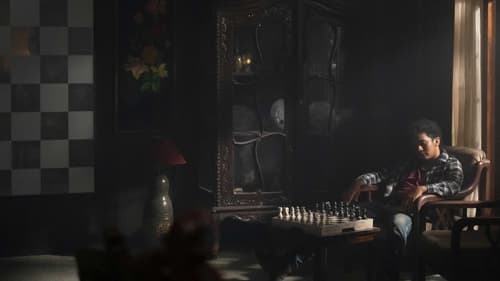
Director of Photography
With his father in prison and his brother abroad for work, young Rakib works as the lone housekeeper in an empty mansion belonging to Purna, a retired general whose family Rakib’s clan have served for centuries in a rural Indonesian town. After Purna returns home to start his mayoral election campaign, Rakib bonds with the older man, who becomes a close mentor and father figure, and finds his calling as Purna’s assistant in work and life. When Purna’s election poster is found vandalised one day, Rakib doesn’t hesitate to track down the culprit, kicking off an escalating chain of violence.
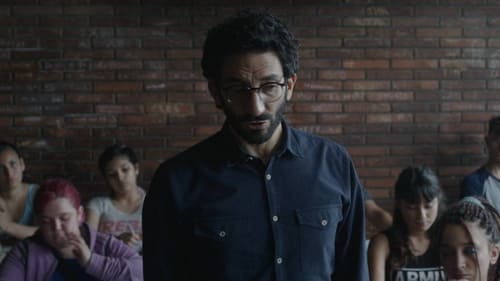
Director of Photography
Lucio, a prestigious university professor, takes the position of substitute teacher at a high school in the suburbs of Buenos Aires, where he grew up. Through tales, novels and poetry, he tries to distract his class from the harsh reality of their everyday lives. But soon, he must step out of his professional duties when Dilan, one of his students, is threatened by a local drug kingpin.

Director of Photography
It is 1991 in Latvia and nineteen-year-old aspiring cinematographer Jazis’s whole world is thrown into chaos as he is dragged into the people’s peaceful protests against the Soviet Army’s attempted takeover of power in his country.

Cinematography
Zosia, Kinga and Oskar start their first year at school for blind and visually impaired children.

Cinematography
A seemingly normal afternoon in the city gets disrupted as passers-by are temporarily unhinged from their daily business. A man lying on the pavement becomes a problem not only for the local tenants but also medical services and the police.

Director of Photography
A lovesick misfit, a mysterious beauty, a retired civil servant, a randy fortuneteller and a couple of doubtful, young, charismatic lovers meet in late summer on a Russian river cruise. They have one thing in common – similar emotional problems of suffering and doubts. However, they’ve come to the right place. River cruises in Russia are colloquially called “floating matchmaking agencies”. What does fate have in store for them?
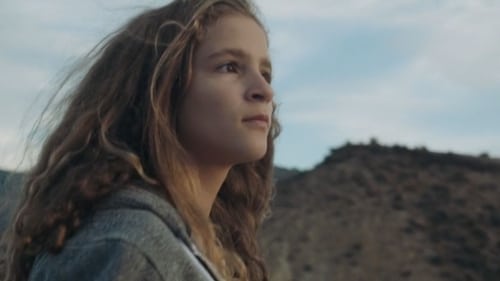
Director of Photography
Feeling neglected by her mother and sister on their holiday in Spain, 13-year-old Claire tries to help a young Senegalese beach vendor to escape his misery.
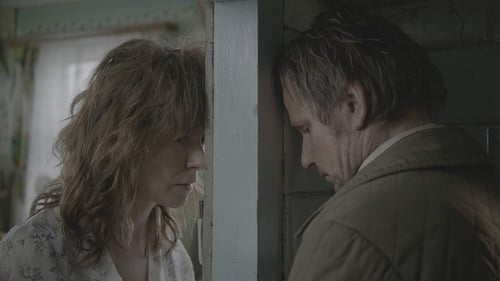
Director of Photography
After a particularly embarrassing performance, a struggling Polish actor chooses to quit his acting troupe. In desperation, he returns home, only to find his dying mother has replaced him with a farm hand from a nearby mental institution. Alienated and depressed, he attempts to find his place in the world by driving out his replacement as completely as possible.

Director of Photography
We meet ornithologist Anna in 1994 just as genocide is raging in Rwanda, perpetrated by the majority Hutus against the Tutsis. Anna manages to save the daughter of a colleague whose family has been murdered, and she takes her to Poland. But the woman returns to Rwanda to visit the graves of her loved ones. The director originally worked on the movie with her husband Krzysztof Krauze (My Nikifor – Crystal Globe, KVIFF 2005), but after his death in 2014 she eventually finished this challenging picture alone.
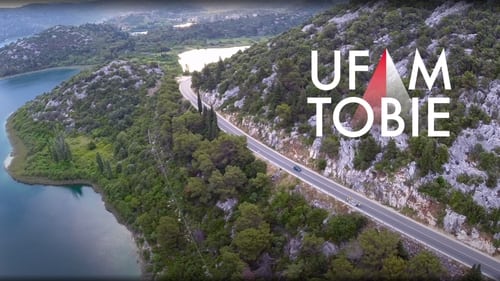
Cinematography
"Ufam Tobie" (Polish for "I Trust in You") is a film about God's mercy being poured out on the whole world because He is a loving God who seeks and wants to save every human being." From all My wounds, like from streams, mercy flows for souls, but the wound in My Heart is the fountain of unfathomable mercy. From this fountain spring all graces for souls. The flames of compassion burn Me. I desire greatly to pour them out upon souls. Speak to the whole world about My mercy." (Paragraph 1190 of the Diary of Saint Maria Faustina Kowalska)

Director of Photography
"Ufam Tobie" (Polish for "I Trust in You") is a film about God's mercy being poured out on the whole world because He is a loving God who seeks and wants to save every human being." From all My wounds, like from streams, mercy flows for souls, but the wound in My Heart is the fountain of unfathomable mercy. From this fountain spring all graces for souls. The flames of compassion burn Me. I desire greatly to pour them out upon souls. Speak to the whole world about My mercy." (Paragraph 1190 of the Diary of Saint Maria Faustina Kowalska)

Director of Photography
Based on a Soviet propaganda story about Young Pioneer (the Soviet equivalent of a Boy Scout) Morozov, who denounced his father to Stalin’s secret police and was in turn killed by his family. His life exemplified the duty of all good Soviet citizens to become informers, at any expense. In our film, 75 years later, we call him little Janis. He is a Pioneer who lives on the Soviet collective farm “Dawn”. His father is an enemy of the farm (and the Soviet system) and plots against it. Little Janis betrays his father; his father takes revenge upon his son. Who then in this old Soviet tale is good and who is bad? This film reveals that a distorted brain is always dangerous. Even today.
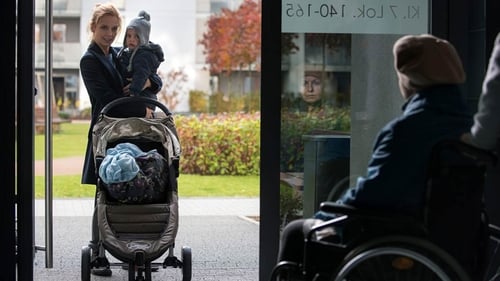
Director of Photography

Director
Two elderly brothers, who managed to escape from a Soviet work camp in the past, cannot escape from each other. In spite of all the differences between them, they have to turn a new leaf together.

Director of Photography
7 year old Matías returns home from a friend’s birthday party to find his mother, Laura, unconscious on the floor. When she recovers her senses they decide to leave home and rush to a shelter for abused women where they spend 48 hours before Laura decides to rebuild her life somewhere else. Through the eyes of Matías we will discover their escape in a city where everything Matías once knew feels dangerous and foreign until Laura finds a secure place to raise her son.

Cinematography
What are the limits of personal sacrifice? The film tells the story of a match factory worker who takes up a remarkable challenge. We observe several crucial months in her life as she attempts to turn her dreams into reality. It’s the story of an extraordinary transformation, and about a love that gives her life meaning.

Director of Photography
When the lights dim and the stage is revealed, Meschke channels life through the strings of his puppets, triggering the spiritual connection between the creator and his alter-egos: the charismatic Don Quixote, the loving Penelope, the inquisitive Baptiste, or the mysterious Antigone. THE MAN WHO MADE ANGELS FLY is a poetic story about a master of his craft that has inspired audiences to reflect upon common issues of suffering and the mortal coil. Visionary and un-biographic, imaginary tribute to the puppeteer.

Cinematography
A project that would initially be about alternative young people develops into a film about a cocky girl, Elle, who grows up with a mother who has a hard time showing emotions. Elle's upbringing is a struggle for acceptance. To get it both inside and outside the family, she seeks out spectacular expressions, provocative clothes and destructive behaviors.
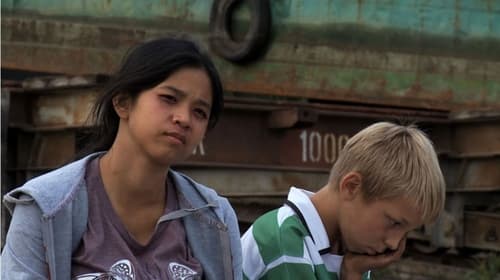
Director of Photography
Damian, a young boy raised by a single mother, believes that his father is a famous footballer playing for Glasgow Celtic F.C. His dream is to visit him. In his everyday life he has difficulty finding a common language with his mother who is trying to make a new life for herself with a younger man.

Director
In 1998 Wojciech Staroń made the documentary film "The Siberian Lesson". The film told the story of a young teacher who emigrated to the vicinity of Lake Baikal in order to teach Polish deportees’ descendants their native language. Many years later, as a married couple with two children, the director and his wife are leaving for Argentina. For their little son, this trip will not only be an encounter with an unknown language. Influenced by their Argentinian friend, Janek enters the fascinating world of imagination, and is introduced to the bitterness of childhood prematurely contaminated by the problems of grown-ups.

Director of Photography
Ceci, a seven year old girl, has to keep a huge secret, but she doesn't completely understand what is the secret about. The life of her family depends on her silence. But what exactly must she keep silent about? Ceci and her mom live hidden from military repression in Argentina. Ceci asks herself: what must she say? What should she really believe and do in order to deserve the love of her mother and others?

Director of Photography
Piotr (Paweł Królikowski) jest psychiatrą. Siedzi na nocnym dyżurze, gdy na jego oddział przywożą chłopaka. To Kamil (Lesław Żurek), syn którego nie widział całe lata. Chłopak znika ze szpitala równie szybko, jak się pojawił. Jednak Piotr postanawia nawiązać z nim kontakt. Zaprasza go do siebie i poznaje ze swoją piękną, młodą narzeczoną (Anna Geislerová). Po wizycie Kamila kobieta uświadamia sobie, że Piotr jest dla niej zagadką i naprawdę nic o nim nie wie. A Piotr rzeczywiście skrywa mroczną tajemnicę…

Director of Photography
The film is about a group of old retired theatre actors in a retirement home for actors who aim to regroup and stage Goethe's Faust.

Director of Photography
The film was made at the Polish Sculpture Center in Oransko, during sculpture workshops for deaf-blind people. The camera shows the process of creation, which is closely connected with getting to know oneself. It is accompanied by hesitation, anger and joy.

Screenplay
The first documentary by Wojciech Staroń. He just finished film school, his wife Małgosia just became a teacher. The year is 1997. They decide to go for a year deep into Siberia: she’ll teach Polish, he’ll shoot a film. And this is that beautiful film, narrated in the first person by Małgosia as she meets all sorts of colorful characters and reflects upon reality with her beautiful, monotone voice, seeing the good in people individually and collectively. This is also about her transformation in this travel undertaken in the centuries-old fashion of the observer who, by observing others, observes herself.

Director
The first documentary by Wojciech Staroń. He just finished film school, his wife Małgosia just became a teacher. The year is 1997. They decide to go for a year deep into Siberia: she’ll teach Polish, he’ll shoot a film. And this is that beautiful film, narrated in the first person by Małgosia as she meets all sorts of colorful characters and reflects upon reality with her beautiful, monotone voice, seeing the good in people individually and collectively. This is also about her transformation in this travel undertaken in the centuries-old fashion of the observer who, by observing others, observes herself.

Cinematography
























